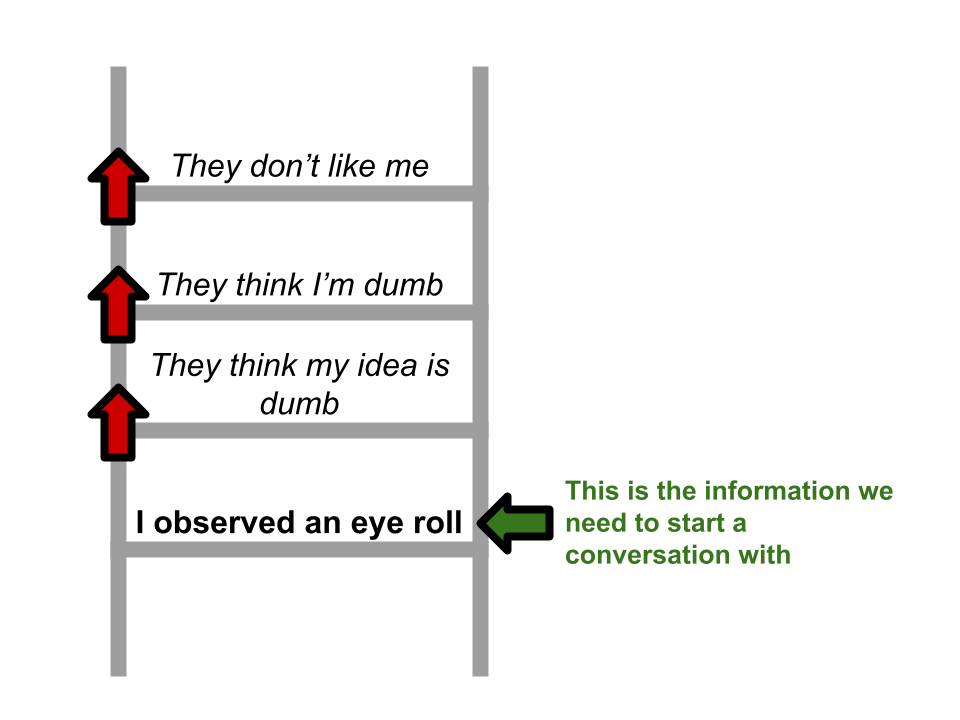How to Be More Productive & How to Argue Constructively
Plus, some questions to reflect on work-life balance and design
Happy Wednesday. In this post -
Transform the way you get through email
How to argue constructively with two easy skills
Wisdom from Dolly Parton
How to be more productive by turning your inbox into a To-Do List
Imagine you go on vacation where you are completely disconnected from the internet. You come back after a week of bliss. You open your email and find 100+ emails. Maybe for you, it’s 200+? 300+? How does it feel? Overwhelming, burdensome, and frustrating.
It’s a constant battle. Having multiple inboxes (e.g., personal, junk, and work) can help; however, subscriptions I want to stay on top of, and online orders I want to keep track of can eventually stack up.
Each of us only has ~960 waking minutes in a day - So the question is, how can we make sure those minutes get spent on things we want/need to do? Not the things that don’t add the value you don’t want.
The app I love
Some research shows that just over half of emails are read by people for more than eight seconds. That surprised me - I’m almost certain that I open much less than that while keeping my inboxes at ZERO. It makes me feel good.
How?
I use a service called Shortwave. It treats your inbox as a “pool” that collects emails you organize. You can -
Quickly bulk delete emails I don’t need
Seamlessly schedule whatever the email requires
Thoughtfully pin it to come back to later
What I love about it is that regardless of what I’m doing I move the email. It goes to a category/trash. If you’ve ever heard of the 4D Method - this is a seamless way to actually apply it that doesn’t require you to fiddle with anything like Gmail labels/filters.
Research also shows that turning your inbox into a to-do list can boost productivity - and they’ve integrated a new AI tool. Give it a try!
How to handle conflict: Two easy skills
“We need to talk” is all the email you get from you manager says. It’s the end of the workday on a Friday. What does your brain do? What is it likely to do the entire weekend?
Many would stress and worry, speculating about the reason and potential outcomes. It's a common human tendency to create meaning to try and make sense of situations.
However, this tendency to create meaning can hinder our ability to have productive conversations - especially when those conversations are tough.
For example, imagine you’re having a conversation with a co-worker. You notice they roll their eyes after you make a point about an important feature of the product you’re working on.
What do you do in this situation? Just carry on?
Two easy steps
Step one will be to STOP making meaning of the eye-roll. Stop telling yourself stories. We often see or hear something and then begin to tell ourselves stories to help those observations make sense.
This phenomena is illustrated well with a framework called the Ladder of Inference. The bottom of the ladder represents that data we see/hear. The stories we tell ourselves are represented by each higher rung on the ladder.
Once we notice we are telling ourselves stories we need to stop and identify what observable is informing these stories.
After that, ask the person a question about the observable. Nothing else.
“I noticed you rolled your eyes - can you tell me what you’re thinking?” - This is where a conversation needs to start so it is most likely to be constructive.
In short
Don’t blindly trust the stories you tell yourself
Identify the observable data informing your stories
What bringing something up - share your observation and ask a broad question.
If you would like some more help preparing or practicing for tough conversations you can find a whole post dedicated to it here.
Pause and Design Work-life Balance
“Never get so busy making a living that you forget to make a life.”
- Dolly Parton
Making a life is a personal zig-zag journey we are all on. Mine is unique to yours and yours is unique to everyone else’s out there.
If it’s useful, take some time this week to answer some questions and reflect on what kind of a life you want to “make” and/or design.
What role do your family and close friends play in your life? How can you strengthen these relationships and create meaningful connections?
What activities or pursuits bring you the most joy and fulfillment in life? How can you incorporate more of them into your daily routine?
Are you prioritizing your physical and mental health? What steps can you take to improve your well-being?
What are your favorite hobbies and interests? How can you make more time for them to nurture your creativity and personal growth?
What skills or knowledge do you want to acquire or enhance? How can you continue to grow as an individual?
How are you involved in your community or social causes? What positive impact can you make in the lives of others?
Are there past regrets or mistakes that still weigh on your mind? What lessons have you learned from them, and how can you use those lessons to shape your future?
How can you enrich your life through cultural experiences, reading, or intellectual pursuits?
What are you grateful for in your life right now? How can you incorporate mindfulness practices to appreciate the present moment?
Are you giving back to others as much as you receive? How can you contribute to the welfare of those around you?
Lean into life.
Warmly,
Scott





